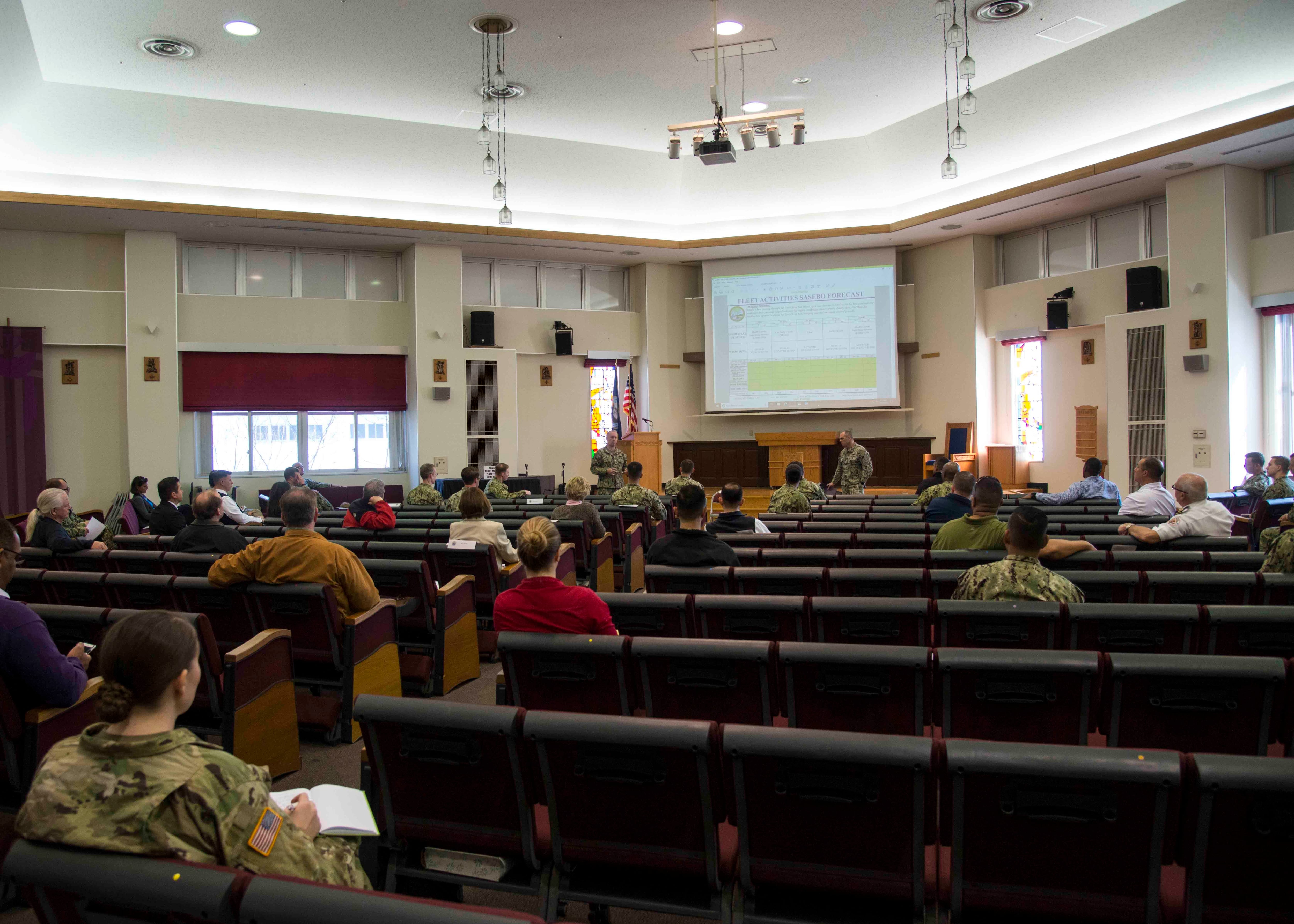The Pentagon isn’t expecting to kick COVID-19 to the curb in the next few weeks.
While President Donald Trump is pushing to “open” the economy and businesses again by Easter Sunday next month, Pentagon officials are cautioning that fighting COVID-19 may take months.
“I think we need to plan for this to be a few months long at least and we’re taking all precautionary measures to do that, to be in it for the long-haul,” Secretary of Defense Mark Esper said during a virtual town hall on Tuesday.
Esper and Army Gen. Mark Milley, chairman of the Joint Chiefs of Staff, pointed to other countries where the virus has erupted and noted that there was a roughly three-month period between when the virus first appeared to when it started to taper off.
“You’re looking at somewhere around 90 days based on some of the other countries,” Milley said at the town hall. “That may or may not apply to the United States. We’ll see. If it does apply, you’re looking at probably late May, June — something in that range — maybe could be as late as July.”
Regardless of how long it takes, Milley is confident the U.S. and the military will help quash the virus.
“But we will get through it. It’s not a question of when, we will,” Milley said. “We will get through it, and we’ll pull together as a country, as a military and we of the United States military are going to do whatever is required to defend the people of the United States.”
RELATED

The Pentagon has adopted several measures to mitigate the spread of COVID-19. For example, the Pentagon upped its Health Protection Condition to level Charlie on Monday, meaning that that the risk is substantial and there has been sustained community transmission. The Pentagon has also executed social distancing measures in recent weeks to limit in-person interaction.
Although the White House adopted a “15 Days to Slow the Spread” campaign last week encouraging social distancing efforts, Trump has signaled he is eager for businesses to get running again.
“America will again and soon be open for business,” Trump told reporters Monday. “Very soon. A lot sooner than three or four months that somebody was suggesting.”
The President later said during a virtual town hall event with Fox News he would like the country to be “raring to go by Easter” on April 12 and said he would reexamine “slow the spread” efforts early next week.
Meanwhile, cases of COVID-19 are rising in the U.S. The Centers for Disease Control and Prevention reported Tuesday there are more than 44,000 cases in the United States.
The Pentagon has reported that 174 service members have contracted COVID-19, along with nearly 150 dependents, civilians and contractors. The pandemic has also forced the U.S. military to scale back or cancel multiple major military exercises, including U.S. Army Africa’s annual African Lion exercise that was set to involve 3,800 U.S. troops from the Army, Navy, Air Force and Marine Corps.
Despite these modifications, Esper and Milley don’t anticipate that COVID-19 will jeopardize troop readiness in the long run.
“I think overall for the U.S. military, I think we will have moderate to low levels of readiness impact,” Milley said.
“There will be an impact on readiness, but I think it will be on the lower end as opposed to significant,” Milley added.
Esper expressed similar sentiments.
“I’m very confident that we will maintain mission readiness,” Esper said.
“As this grows in scale and scope, this spread of the virus, we’re going to have to be very careful and take prudent measures to ensure we maintain that readiness, because it will become more challenging, but I’m confident if we take all the right procedures we will do that,” Esper said.





